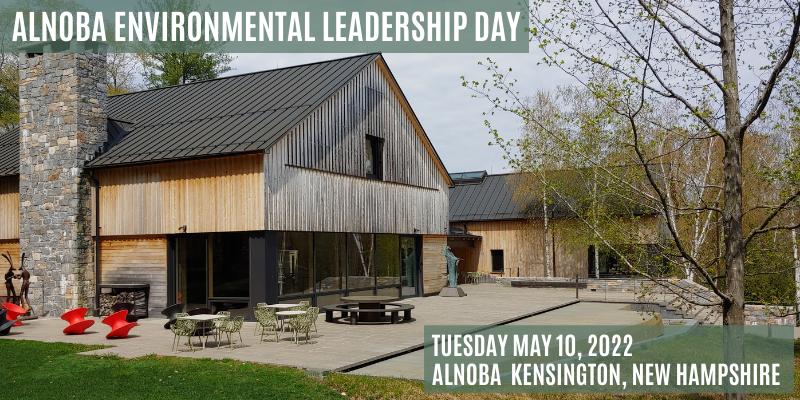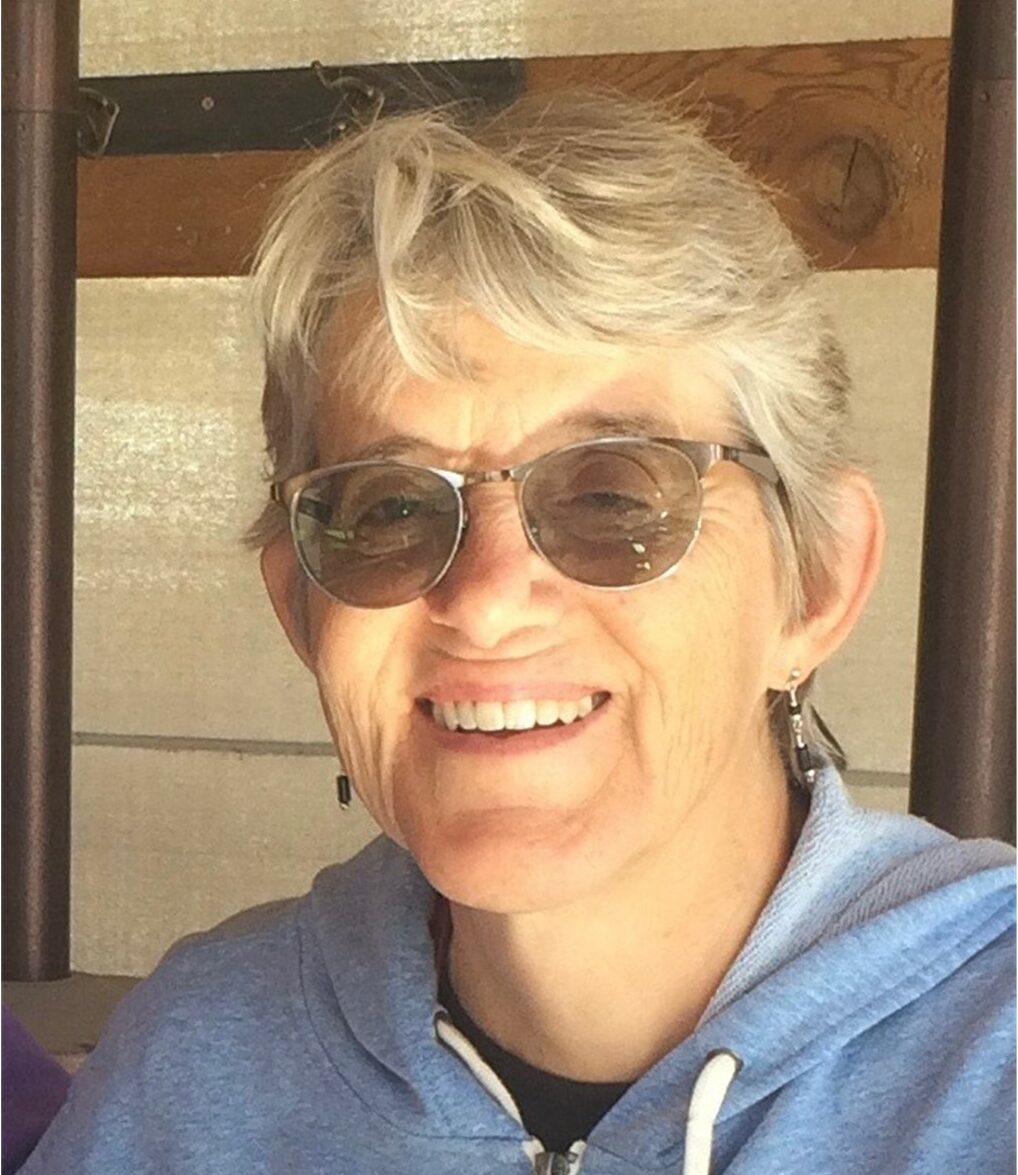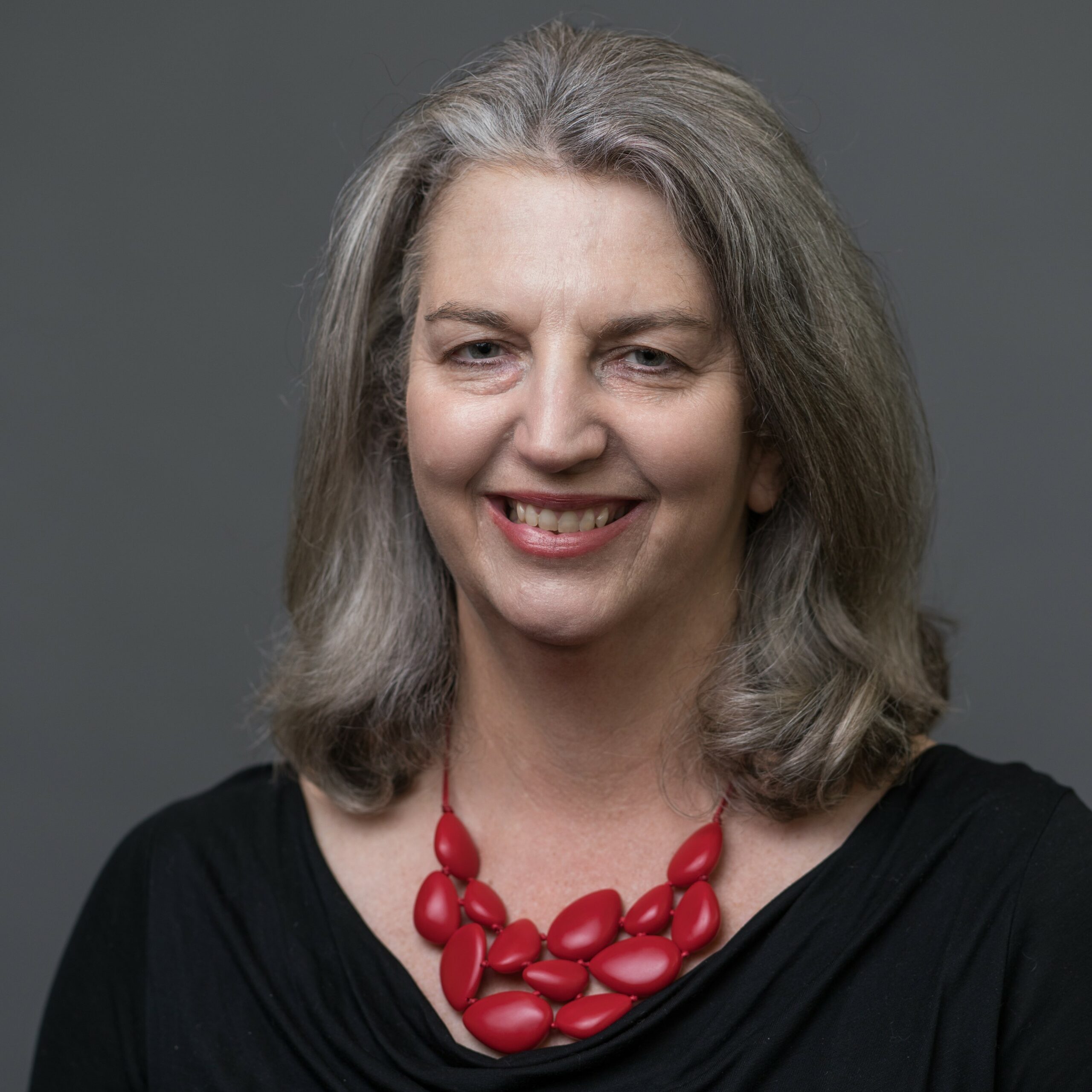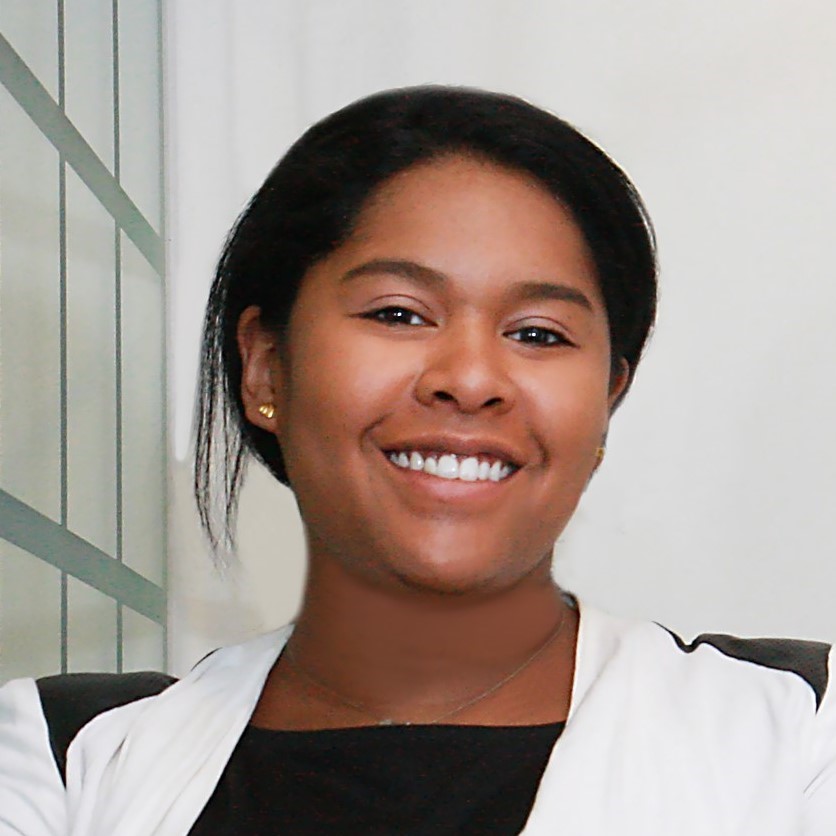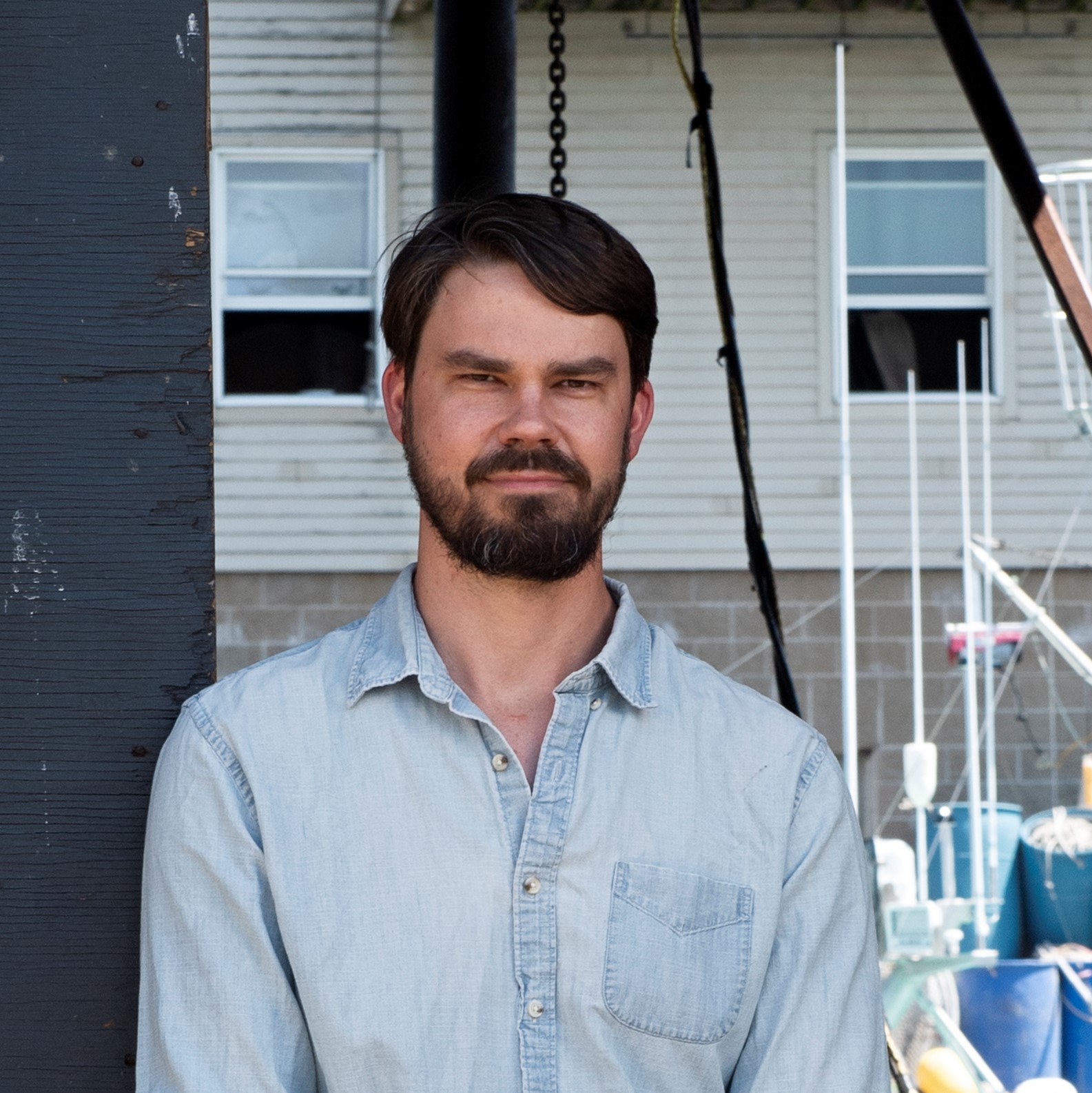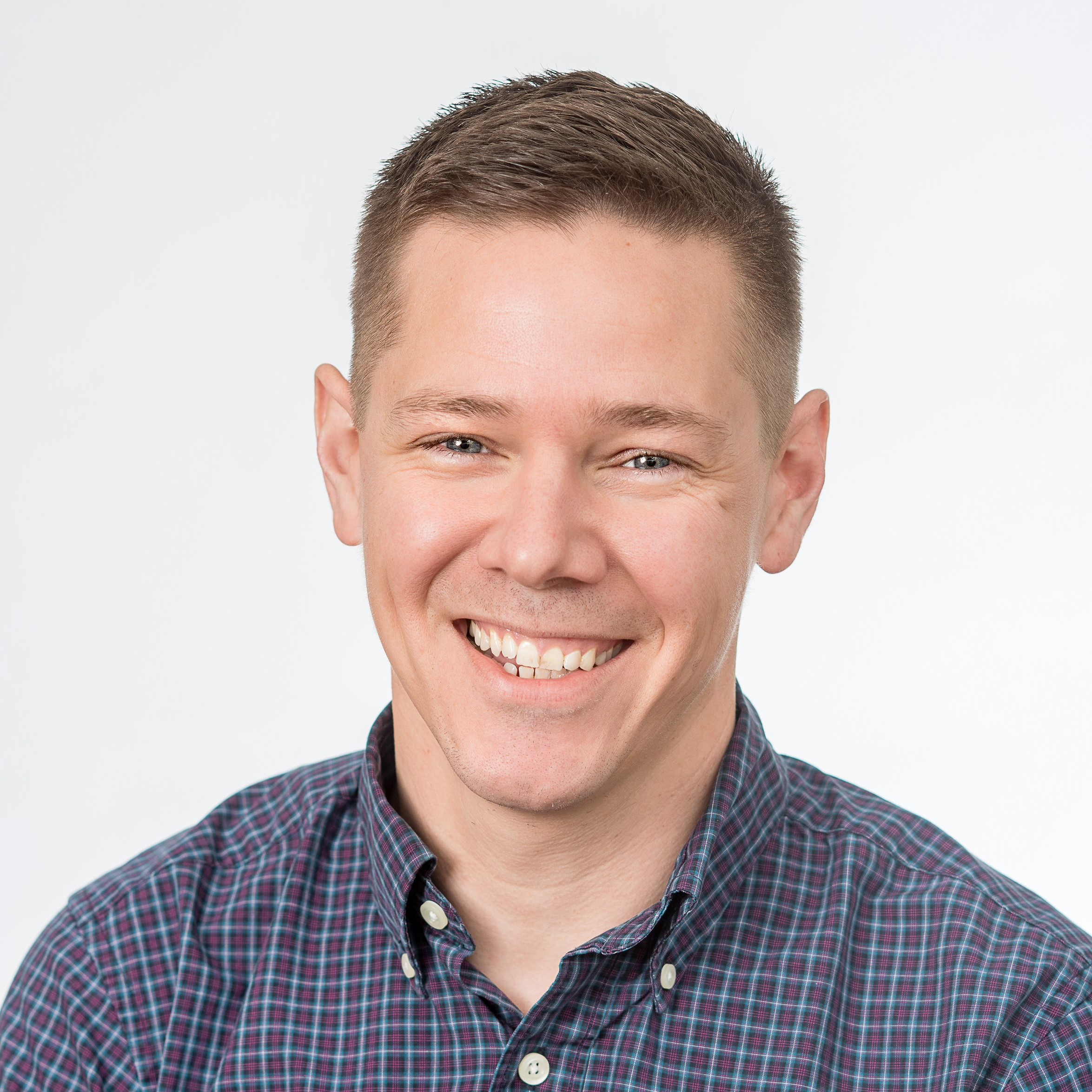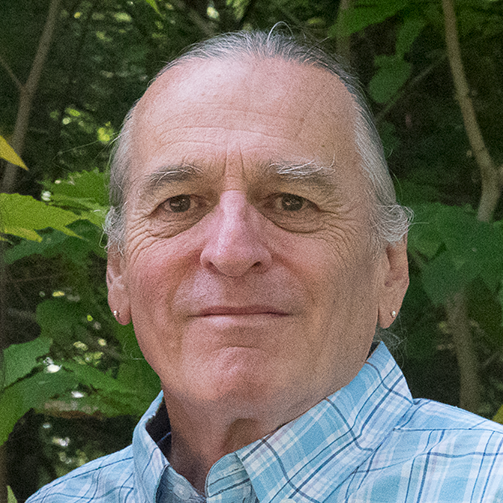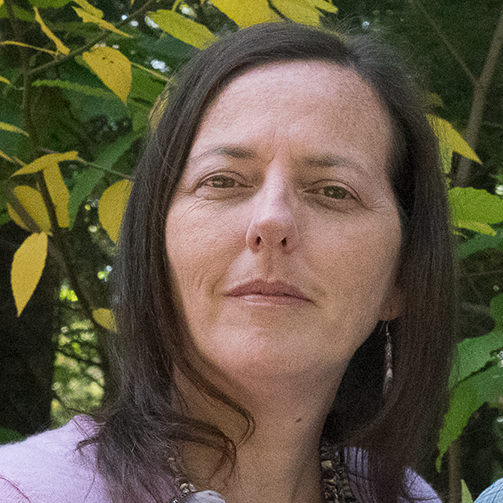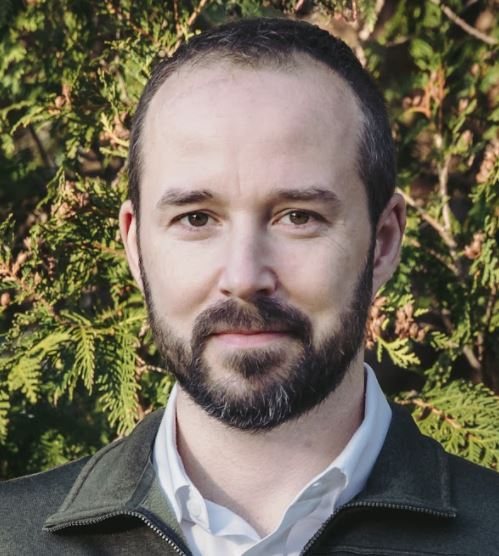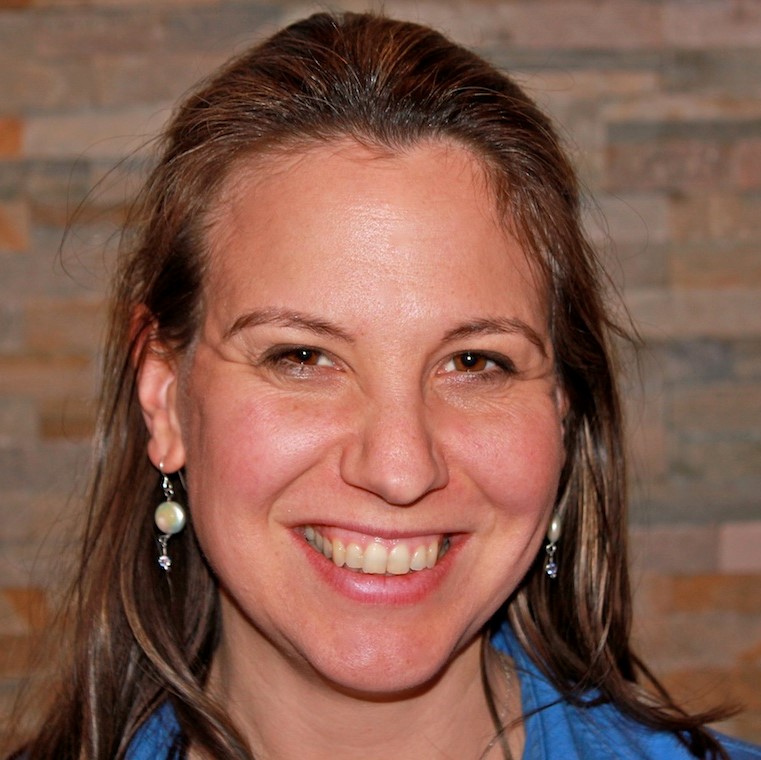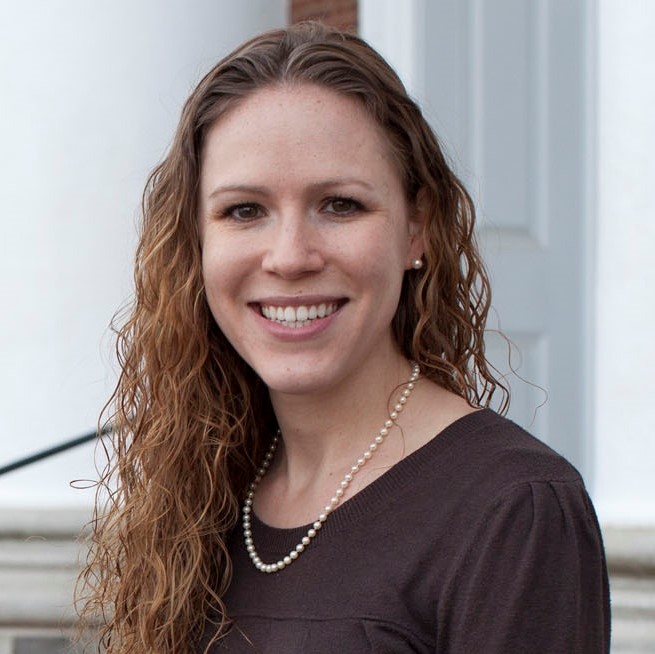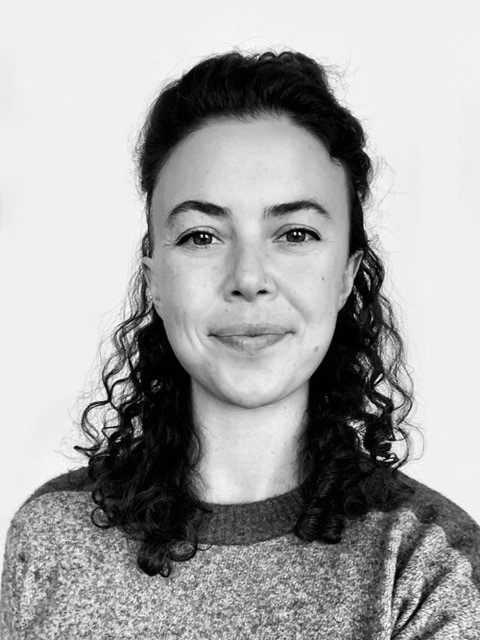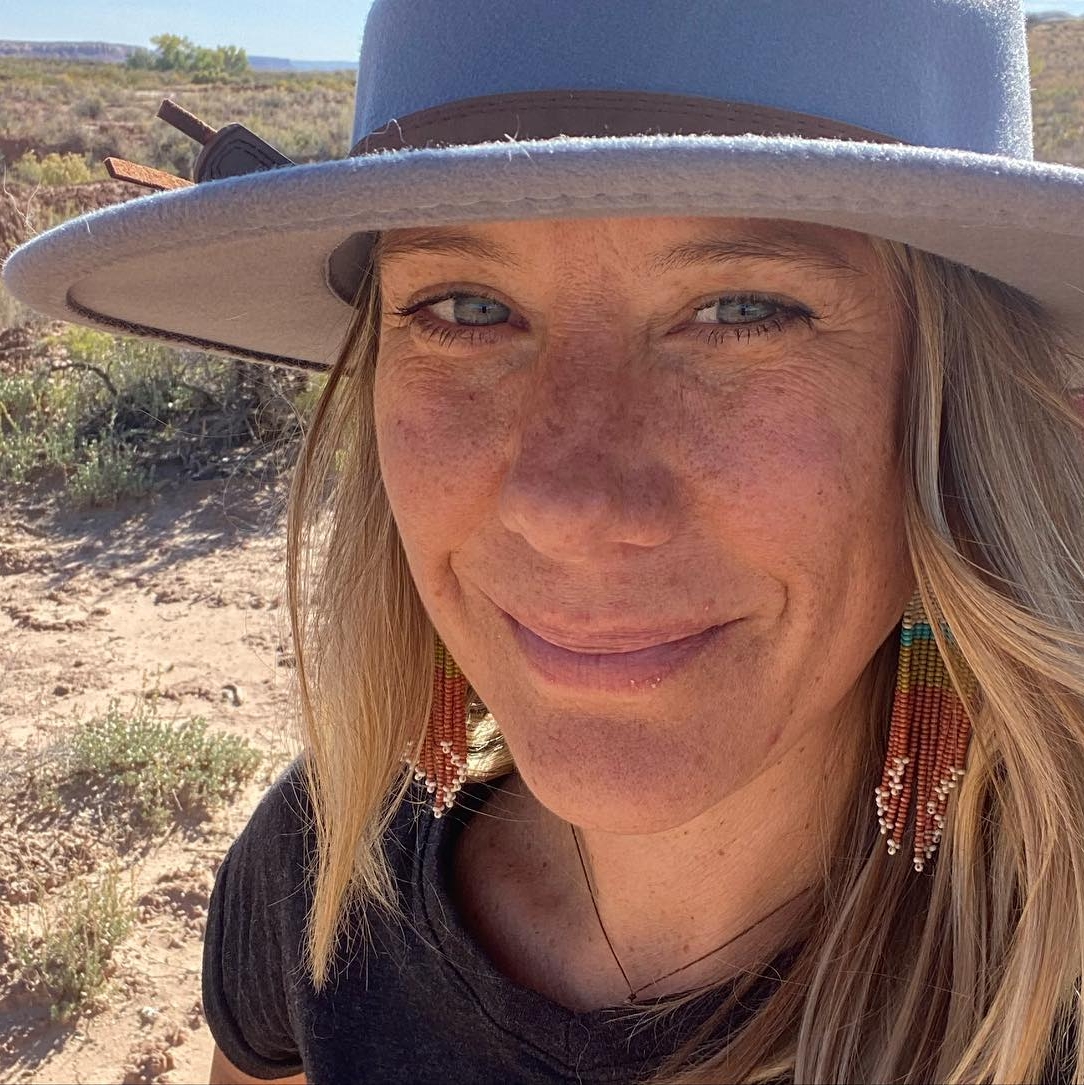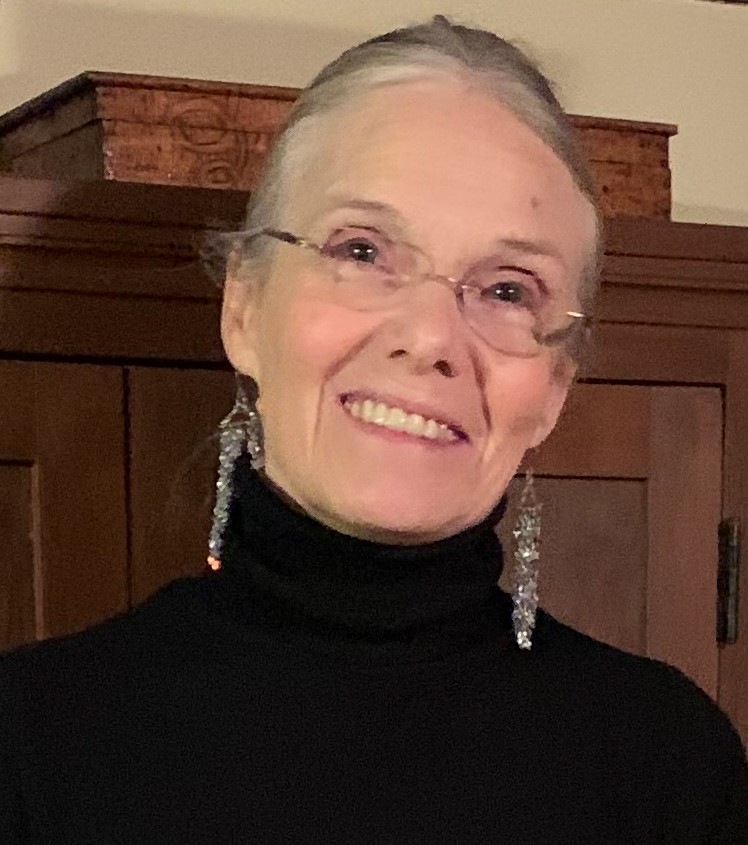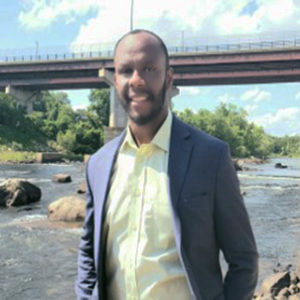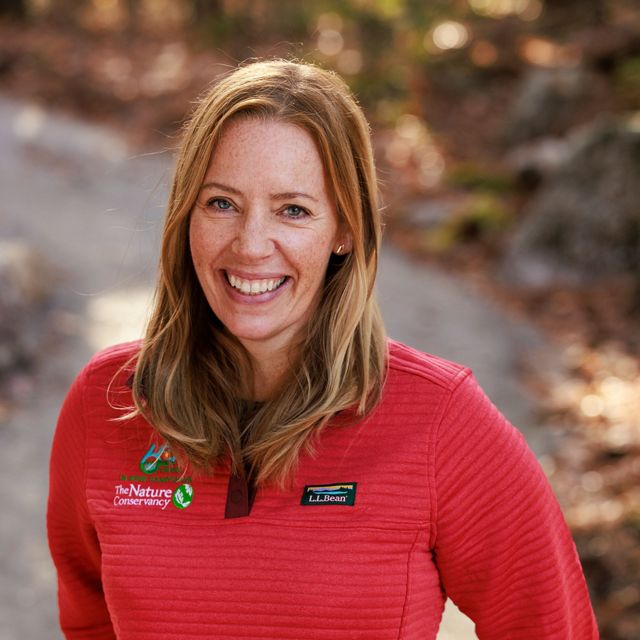Tuesday May 10, 2022
9:30AM to 3:45PM
Tickets $25, includes lunch, two workshops and optional Alnoba art tour
Presented in partnership with ReVision Energy & UNH Sustainability Institute
On May 10th, we’ll be bringing together leaders in environmental justice for a day of learning, inspiration, and connection.
Alnoba’s Leadership Days are events that gather some of the most powerful voices in the fight to make our planet a better, healthier place for all of us to live. New leaders are given a chance to learn directly from the best. Experienced leaders will be introduced to techniques, processes and experiences that will focus their teams and increase their impact.
All of this will happen in the unique setting of Alnoba, a Passive House Institute-certified gathering space set on 600 acres of forests, fields and a world class outdoor art collection.
Event Schedule
- 7:45AM Continental breakfast (available till 10AM)
- 8:30AM Optional art tour (pre-registration required)
- 9:30AM Registration
- 10AM: Morning Teach-Ins
- 11:30AM: Lunch and networking
- 1:00PM: Afternoon Teach-Ins
- 2:30PM: Optional art tour (pre-registration required)
- 3:45PM: Depart

